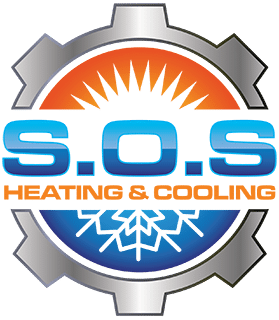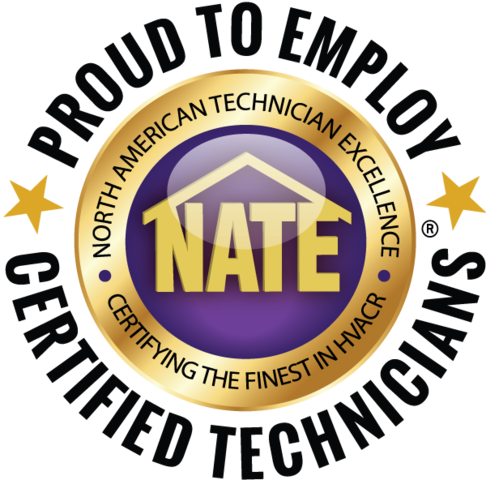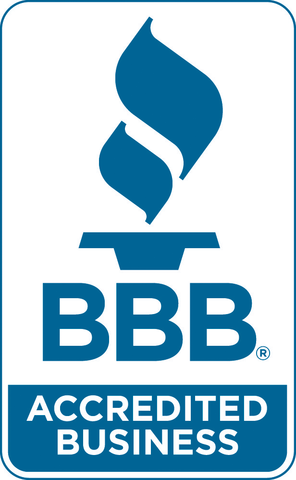Maintaining clean air in your home is essential for a healthy living environment. Various types of air purifiers can help achieve this, but choosing the right one can be difficult. The air purifier you select should match your specific needs and the conditions of your home.
Understand the differences and benefits of HEPA, activated carbon, and UV light air purifiers. Choosing the best air purifier for your home ensures that you breathe cleaner, healthier air daily.
HEPA Air Purifiers: What You Need to Know
HEPA (High-Efficiency Particulate Air) air purifiers are widely recognized for their ability to capture small particles. A HEPA filter can capture particles as small as 0.3 microns, making it highly effective for removing dust, pollen, pet dander, and mold spores from the air.
These air purifiers are particularly useful for individuals with allergies or respiratory conditions. The HEPA filter traps allergens that can trigger symptoms, providing cleaner air to breathe. Additionally, HEPA air purifiers can help reduce the spread of airborne diseases by capturing bacteria and viruses.
While HEPA air purifiers are highly efficient, they do require regular maintenance. The filters need to be replaced periodically to ensure continued effectiveness. Some models come with pre-filters that capture larger particles, extending the life of the HEPA filter itself. When choosing a HEPA air purifier, consider the size of the space you need to purify, as larger areas may require more powerful units.
Activated Carbon Air Purifiers: Benefits and Considerations
Activated carbon air purifiers are designed to remove gases, odors, and volatile organic compounds (VOCs) from the air. These purifiers use activated carbon filters, which contain numerous small pores that capture and hold gaseous pollutants.
One of the primary benefits of activated carbon air purifiers is their ability to eliminate unpleasant odors. Whether it's cooking smells, pet odors, or tobacco smoke, these purifiers can help keep your indoor air smelling fresh. They are also effective at removing VOCs, which can be found in household products like paints, cleaning supplies, and furniture.
When considering an activated carbon air purifier, it is important to note that they work best when used in conjunction with another type of air purifier, such as a HEPA filter. This combination ensures that both particulate matter and gaseous pollutants are removed from the air.
Activated carbon filters also need regular replacement to maintain their effectiveness. Over time, the pores in the carbon filter can become saturated, reducing its ability to capture new pollutants. Our professionals can help you determine the best maintenance schedule for your activated carbon air purifier to ensure optimal performance.
UV Light Air Purifiers: How They Work
UV light air purifiers use ultraviolet light to kill or inactivate airborne pathogens such as bacteria, viruses, and mold spores. The UV light destroys the DNA or RNA of these microorganisms, rendering them harmless and unable to reproduce. These purifiers are commonly used in places where controlling pathogens is critical, such as hospitals and laboratories.
One key benefit of UV light air purifiers is their ability to improve indoor air quality by reducing the concentration of harmful microorganisms. This is particularly useful during flu season or in homes with individuals who have weakened immune systems. By eliminating airborne pathogens, UV light air purifiers can help create a healthier living environment.
However, UV light air purifiers do not remove particles like dust or allergens from the air. They are most effective when used in combination with a HEPA filter or activated carbon filter. This dual approach ensures comprehensive air purification—removing both harmful microorganisms and airborne particles.
Regular maintenance is crucial for the effectiveness of UV light air purifiers. The UV bulbs need to be replaced periodically to maintain their germicidal properties. Our technicians can help ensure that your UV light air purifier is functioning optimally through regular check-ups and timely bulb replacements.
Choosing the Best Air Purifier for Your Home
Choosing the best air purifier for your home involves understanding your specific needs and the strengths of each type of air purifier. Factors to consider include the types of pollutants you need to remove, the size of the space you wish to purify, and any specific health concerns you may have.
For removing particulate matter like dust and allergens, HEPA air purifiers are a top choice. These are ideal for households with allergy sufferers or individuals with respiratory issues. If odors and gases are your primary concern, activated carbon air purifiers are highly effective. They can neutralize smells and remove harmful VOCs, making your home more pleasant to live in.
If you are looking to reduce the presence of airborne pathogens, a UV light air purifier may be the best option. Combining it with a HEPA or activated carbon filter can provide comprehensive air purification, making your home cleaner and safer.
Consider the space where you will use the air purifier. Larger areas may require more powerful units or multiple air purifiers for effective air cleaning. Our professionals can help you evaluate your needs and recommend the best air purifier for your home.
Conclusion
Choosing the right air purifier is crucial for maintaining a healthy indoor environment. By understanding the unique benefits of HEPA, activated carbon, and UV light air purifiers, you can make an informed decision tailored to your specific needs. Whether you need to remove allergens, odors, or pathogens, there is an air purifier designed to meet your requirements.
If you need help selecting the perfect air purifier in Salt Lake City, contact S.O.S. Heating & Cooling. Our experienced technicians can assess your needs and recommend the best solution to ensure you enjoy clean, healthy air. Contact us today to improve your indoor air quality and create a more comfortable living space!











